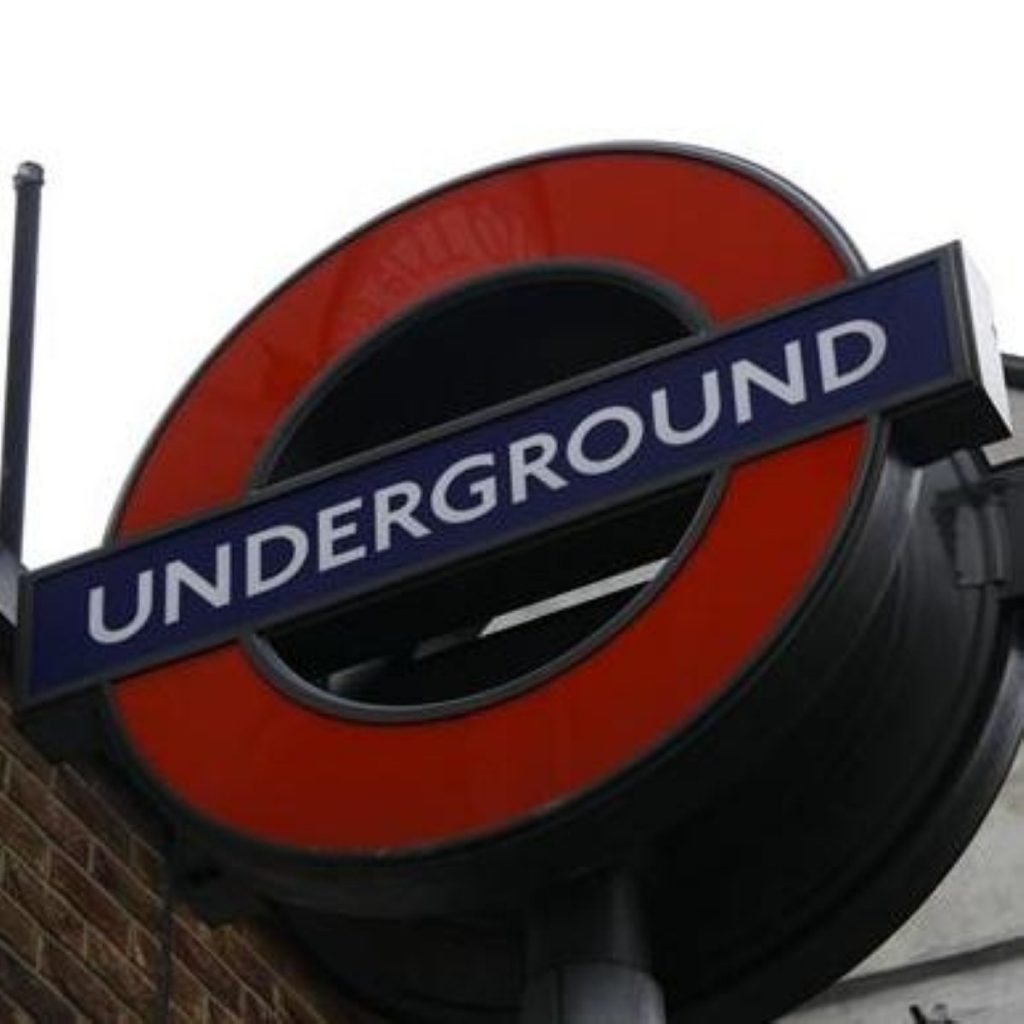MPs flag Metronet failure
Future public-private partnerships (PPP) should always bear in mind the “spectacular failure” of Metronet, MPs have warned.
The Commons’ transport select committee says taxpayers are paying the price for the government’s failure to assess the dangers of handing risk to the public sector.
Metronet was forced into administration in July 2007 after having run up around £2 billion of unscheduled costs.
It had been tasked with a 30-year contract upgrading nine of the London underground’s 12 lines but only managed 40 per cent of the work it was meant to have achieved in its first three years.


Today’s report blames the failure on Metronet’s status as a “buffer” between its parents companies and the taxpayer.
Although ostensibly taking on much of the risk when the business eventually failed it was the public purse which bore the brunt of the costs. MPs heard the public are likely to be liable for 95 per cent of its eventual costs.
“Any reasonable person, looking at the current situation, would find scant evidence to sustain a dogma that the private sector will always deliver greater efficiency, innovation and value for money than the public sector,” committee chairman Gwyneth Dunwoody said.
“If the government is ever again tempted by a seemingly good deal from the private sector, it should recall Metronet’s pathetic under-delivery and the deficiencies in the contracts that allowed it to happen.”
Liberal Democrat transport spokesperson Norman Baker said the government’s PPP imposition on Transport for London had “seriously backfired”.
“As with Northern Rock, Gordon Brown is attempting to hide public debt through muddled deals with the private sector,” he said.
“He must learn to be open about public borrowing, or this kind of fiasco will be repeated again and again.”
The Department for Transport did not comment prior to the report’s publication.









